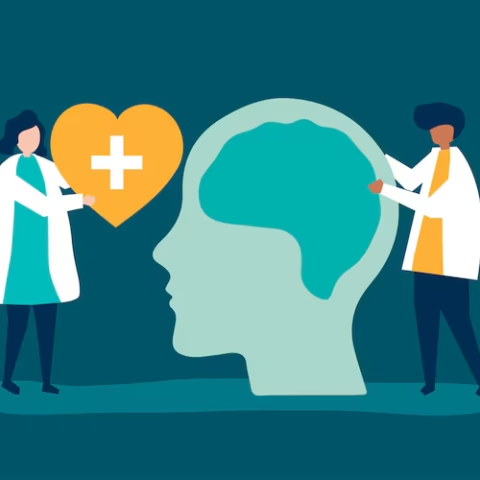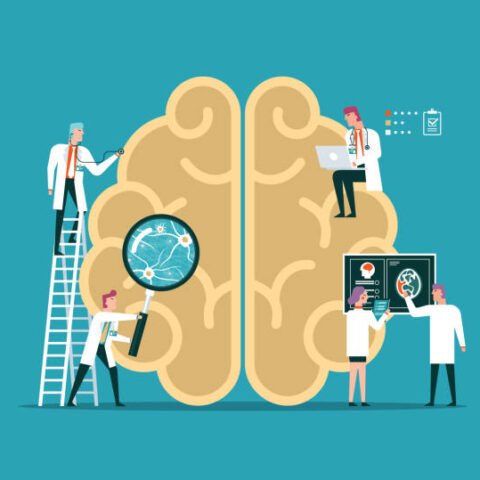
Recent Posts

Health Belief Model and Its 6 Important Components
Introduction The Health Belief Model (HBM) is a psychological framework that was initially developed in the 1950s by social psychologists at the U.S. Public Health Service, notably Irwin M. Rosenstock

Pain Management and 4 Important Psychological Approaches
Introduction Pain is a fundamental aspect of human experience, serving as a warning signal for potential injury or illness. However, when pain becomes chronic, it can lead to significant distress,

Psychoneuroimmunology and 3 Important Roles of Psychology in Immunity
Introduction Psychoneuroimmunology (PNI) is a multidisciplinary field that studies the complex interactions between psychological processes, the nervous system, and the immune system. It explores how psychological states such as stress,

Walk-In-Interview for Counsellor at PM SHRI Kendriya Vidyalaya, INS Shivaji, Lonavla
Walk-In-Interview for Counsellor at PM SHRI Kendriya Vidyalaya, INS Shivaji, Lonavla Are you passionate about guiding students towards success? PM SHRI Kendriya Vidyalaya, INS Shivaji, Lonavla, is conducting a Walk-In-Interview

Walk-in Interview for Counsellor 2025-26 at PM SHRI KV Southern Command, Pune
Looking for a teaching opportunity in a prestigious institution? PM SHRI Kendriya Vidyalaya Southern Command, Pune invites eligible candidates for a walk-in interview to prepare a panel of contractual

Patient-Provider Relationship and 3 Important Strategies to Improve Communication
Introduction Patient-Provider relationship is one of the most crucial aspects of medical practice. It determines treatment adherence, patient satisfaction, and overall health outcomes (Taylor, 2013). Effective communication is central to

Counselor Job Opportunity at Kendriya Vidyalaya, Pune – Apply Now!
Are you passionate about guiding students and making a positive impact on their careers and mental well-being? Kendriya Vidyalaya Ganeshkhind, Pune, invites applications for the Counselor position on a part-time

Sources of Stress and Anxiety in Sports
Introduction The inevitability of stressing and worrying is part and parcel of sports. It can have a bearing on the performance of an athlete, so understanding sources of stress and
Celestina Samanta: A Passionate Clinical Psychologist
Introducing Celestina Samanta – A Passionate MPhil Clinical Psychology Trainee Finding the right mental health professional is essential for effective therapy. Celestina Samanta, an MPhil Clinical Psychology trainee at

4 Important Progress in Health Psychology’s Goals and Emergence of Psychology’s Role
Introduction The field of health psychology has emerged as an essential discipline within psychology and medicine, playing a crucial role in understanding the interplay between psychological, social, and biological factors

Clear fundamentals of Experiments in Psychology : Part 1
Experiments are scientific investigations designed to test hypotheses and establish causal relationships between variables under controlled conditions. Key characteristics include manipulation of independent variable, random assignment, and control over extraneous variables. Types of experiments include laboratory, field, and quasi-experiments, each varying in the level of control over variables and the naturalness of the environment in which they are conducted. Based on purpose there are three types of experiments namely – exploratory, confirmatory & pilot.

9 Important Career Opportunities in Economics
Written By Dyuti George Jacob (MSc. Economics, Symbiosis School of Economics, Pune) Edited by Dr Balaji Niwlikar Introduction In an increasingly data-driven and globalized world, economics has emerged as a


